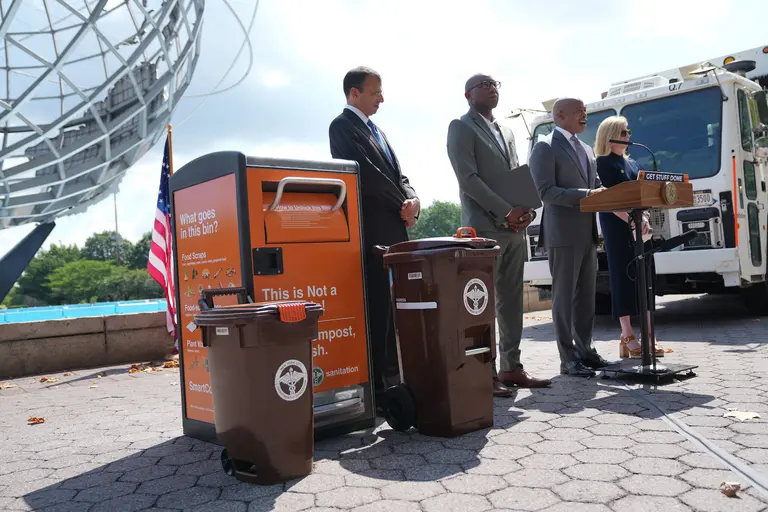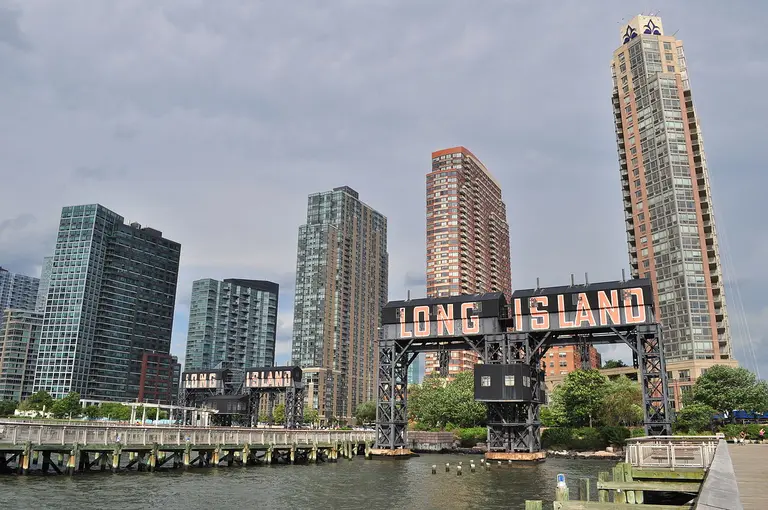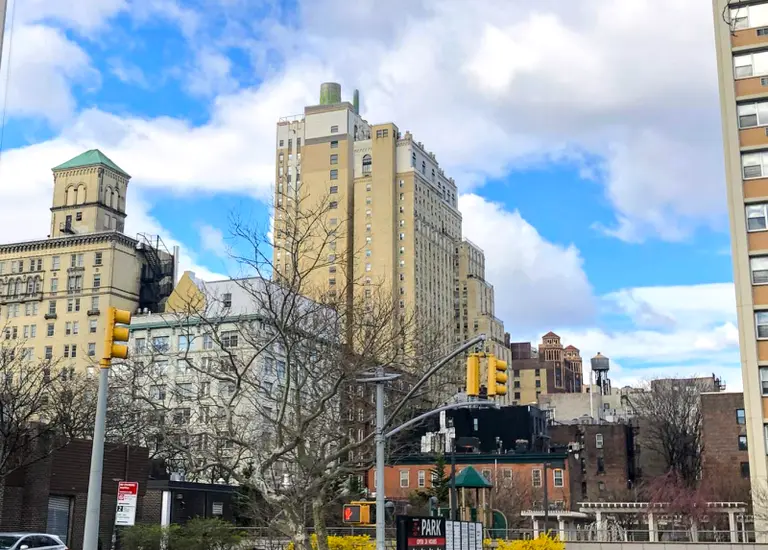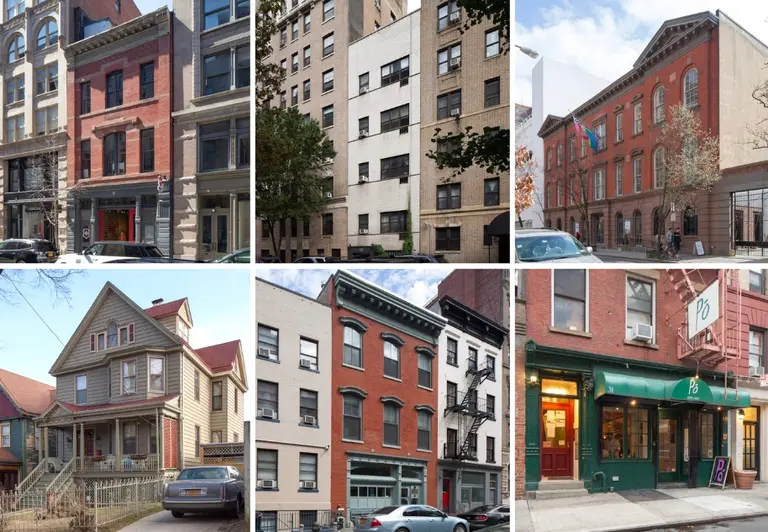Why Ken Griffin’s $238M condo is taxed like it’s worth $9.4 million

220 Central Park South. Image via Vornado Realty Trust and Robert A.M. Stern Architects.
We’ve heard it before, but it’s always a shock to hear about how the city’s tax system undervalues big-ticket apartments in expensive neighborhoods. The Wall Street Journal reports that the effective tax rate on billionaire hedge funder Ken Griffin’s sky mansion at 220 Central Park South comes out to about 0.22 percent–compared with about one percent in the city’s less affluent neighborhoods. The reasoning behind this is tied to a complicated city property tax system that assesses all co-ops and condos as if they were rental properties. Rental income at nearby buildings is assessed in order to estimate a condo’s value.
So, based on the Journal’s analysis of the initial round of closed sales in the limestone midtown tower, Griffin’s 23,000-square-foot sprawl gets assigned a tax rate of about 0.22%. Griffin’s June tax bill will be about $516,000. Owners of individual homes in Manhattan and in trendy Brooklyn neighborhoods enjoy the same kind of assessment: Taxes were capped even as property values soared. As a result, neighborhoods that are now less affluent in comparision–like the south shore of Staten Island–see an effective tax rate that is far higher at around one percent of market value in some ZIP Codes.
According to a study done by the city’s Independent Budget Office last year, the city officially values co-ops and condos at 20 percent of their real market value. In 2017, a group filed suit, asking the court to rule that the city’s current tax system was unconstitutional. The group’s policy director and former city finance commissioner Martha Stark said, “It is a crazy system. The true market value bears no relation to sales price, and nowhere is that truer than among high-value coops and condos.”
The city kicks the reasoning up the river: The city’s Department of Finance said in a statement that Griffin’s property “was assessed using comparable rents of neighboring properties,” as state law requires. One tax expert said the bill could be higher in 2020 after the entire building is completed, since the current assessment was determined prior to Griffin’s closing on his purchase.
A spokesman for the mayor agreed that the tax system needs to see some reform, adding that a commission has been created to look at changes in the property tax system. Some possibilities include taxing co-ops and condos based on actual sale value and getting rid of the long phase-in of tax increases when home values rise.
To be fair, the city’s tax system was, in fact, created by the state legislature four decades ago as part of a political compromise after the Court of Appeals threw out the current system. And the system contains provisions that give homeowners advantages while it also benefits wealthy co-op and condo owners: Owners of one- to three-family homes were assigned a rate of six percent of market value. Other properties were taxed at 45 percent of market value. In order to give co-ops and condos a break, they were assessed as rental buildings would be.
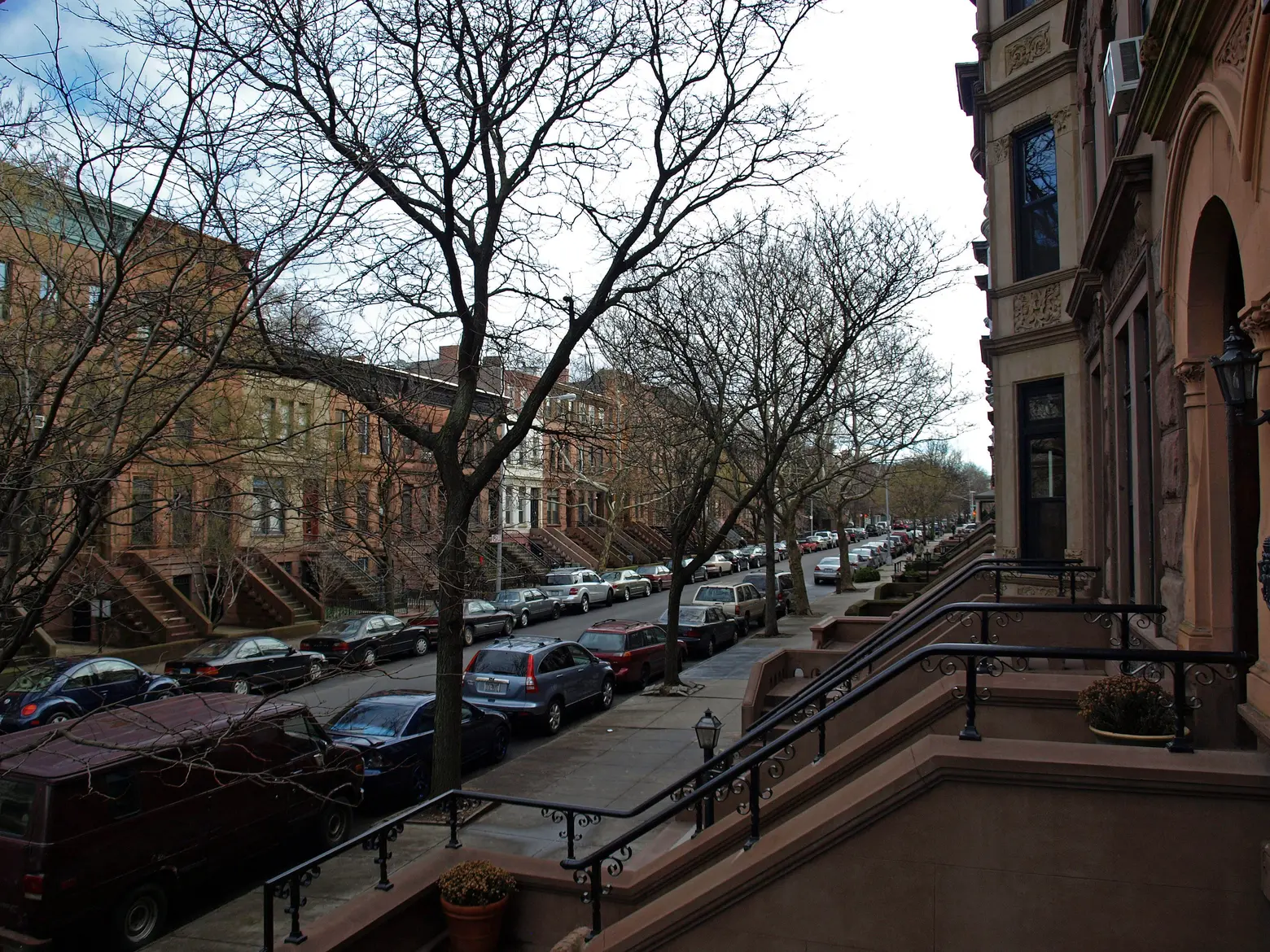
Brownstones in Brooklyn’s Prospect Heights. Image: Wikimedia Commons.
The law divided office and rental properties into four classes. Adjustments were required to make sure each was assigned an equivalent share. The formula has been tweaked by the city council and state legislature to make sure owners of one- to three-family homes were protected.
Griffin’s four-story 50th-floor Central Park South aerie–and the homes of his neighbors in the building–are getting the same low-rate treatment. The building’s developers told the attorney general that the value of the condos added up to $3.39 billion. The building was valued by city tax assessors at $157.6 million. Compare that to a former city garbage collector who owns a 2,600 square-foot Staten Island home valued at less than $870,000–and pays an effective tax rate of 1.2 percent according to city records, and could face a $10,450 tax bill.
[Via WSJ]
RELATED:



